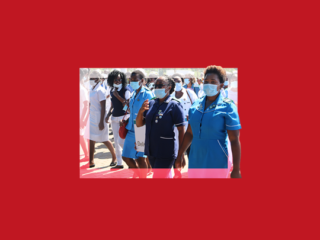Fortifying Frontline Health Workers
UGANDA
As the pandemic spread across the globe, the Uganda Ministry of Health (MOH) sought partners to rapidly prepare frontline health workers to effectively respond. Recognizing our longstanding commitment to training skilled professionals, Seed was invited to support regional trainings and dissemination programs in the Lango and Ankole sub-regions. We leveraged a cascade approach to train regional referral hospitals, district teams, and lower-level health facilities. In collaboration with the MOH, we focused on case management and care protocols to properly triage patients at designated COVID-19 facilities while maintaining essential health services.
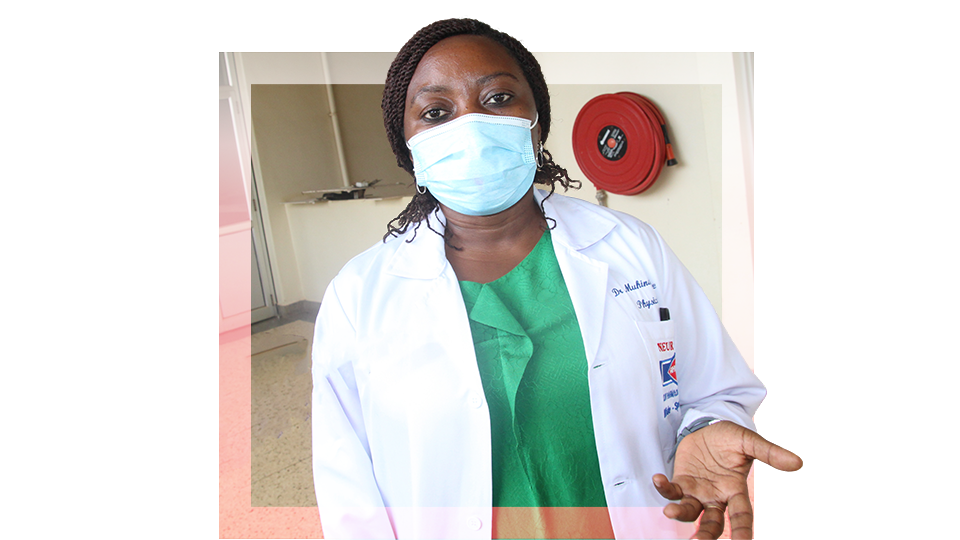
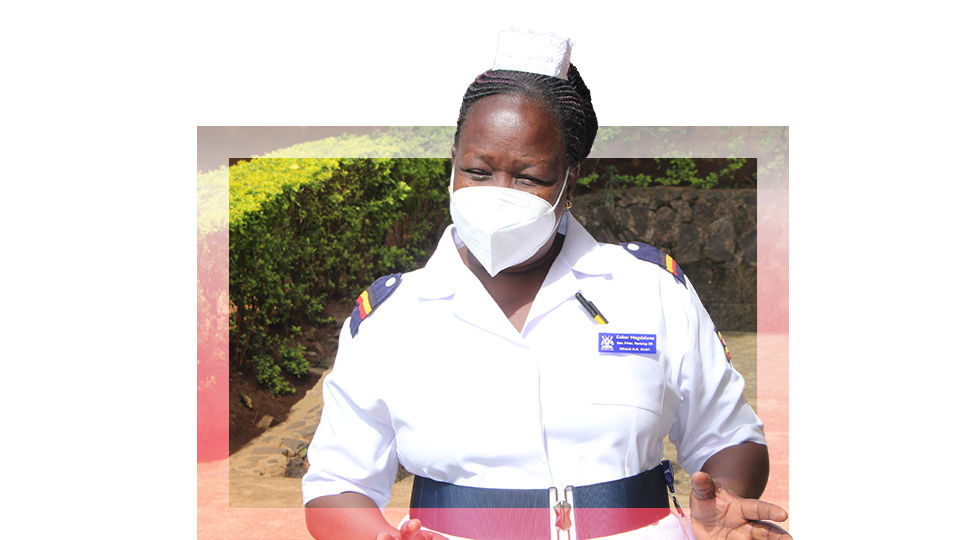
“We have learned how best to handle suspects and make effective referrals. We shall be able to work better with Mbarara Regional Referral Hospital…we are happy that we have been trained on Covid-19 and its management in our communities.”
“I have learned more about isolation and infection prevention and control; I appreciate that opportunity and we are going to practice what we have learned when we get back… in our district we never had isolation centers, we shall go and put them in place.”
“We are not the experts, but we know with working together, we can fight this pandemic.”
For ease of reference in areas with limited internet access, to ensure that case management protocols would be followed, and to support facility-based training, every institution that participated in the trainings received printed copies of the national case management guidelines.
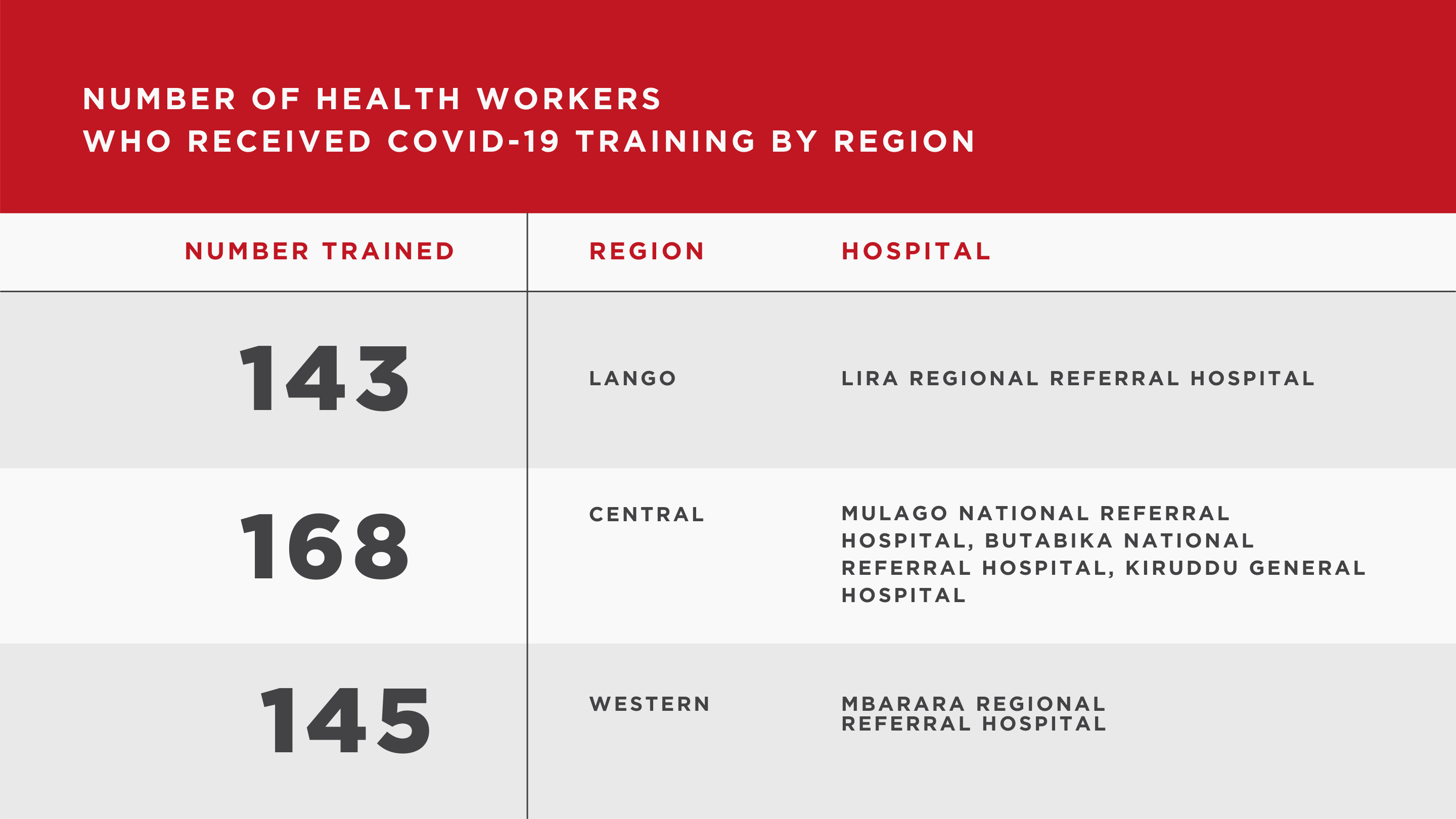
Supporting Innovation
Over the past year, Seed has not only increased our investments in the health workforce but also supported our partners in finding innovative solutions to contextual challenges. Busitema University, one of our partner institutions in Uganda, realized that local health facilities were experiencing disruptions in care delivery because they lacked hand sanitizer. With support from Seed, faculty at the university stepped into the moment with ingenuity and skill, training staff at three hospitals in the eastern region on how to make hand sanitizer using locally available materials.
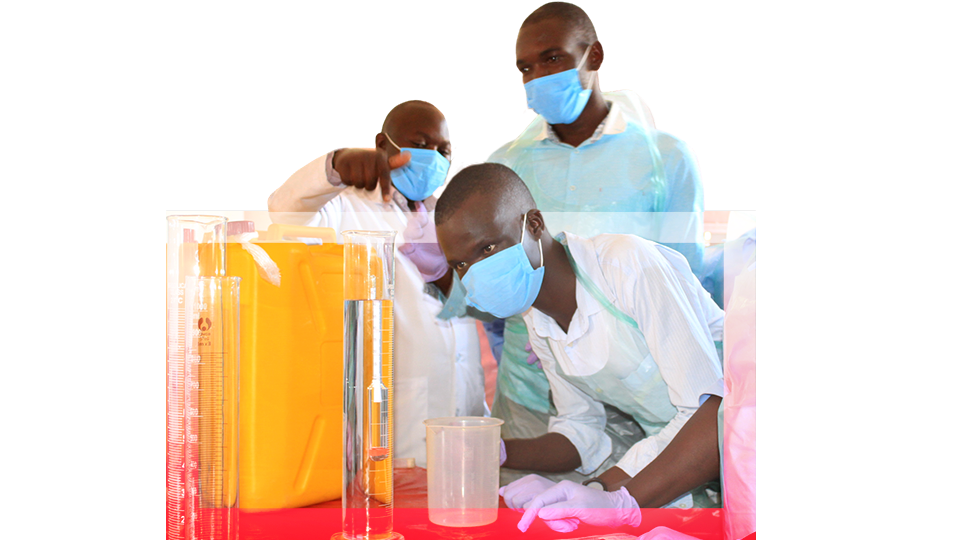
As a result, over 2,000 liters of the hand sanitizer have been produced to date and distributed to 19 different health facilities across the region. Investing in this innovation has had a ripple effect—many frontline health workers who would potentially have limited access to this critical IPC intervention now have it. The sanitizer was recently approved by the National Drug Authority and is now available for wider distribution.
